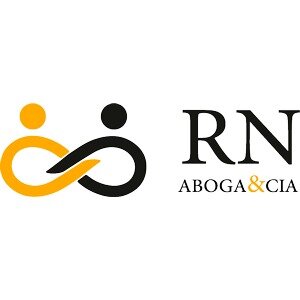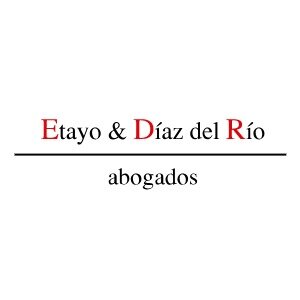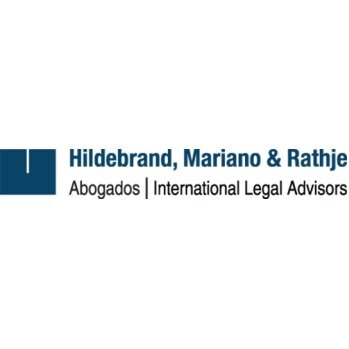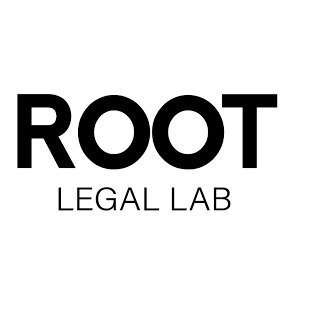Best FDA Law Lawyers in Seville
Share your needs with us, get contacted by law firms.
Free. Takes 2 min.
List of the best lawyers in Seville, Spain
About FDA Law in Seville, Spain
FDA Law in Spain generally refers to the body of laws and regulations overseeing the safety, efficacy, and quality of food, drugs, medical devices, cosmetics, and related products. In Spain, there is no direct equivalent to the "FDA" as seen in the United States. Instead, these responsibilities are handled by several governmental bodies, such as the Spanish Agency for Medicines and Health Products (AEMPS) and the Spanish Agency for Food Safety and Nutrition (AESAN), operating under national and EU regulations. In Seville, as with the rest of Spain, compliance with these rules is crucial for companies and individuals engaged in the food and healthcare industries.
Why You May Need a Lawyer
Navigating FDA Law in Seville can be challenging due to the complexity of regulatory requirements at the local, national, and European Union levels. You may need a lawyer in cases such as:
- Launching a new pharmaceutical, cosmetic, or food product
- Facing administrative inspections or sanctions due to alleged non-compliance
- Exporting or importing regulated goods
- Handling marketing authorizations or product registrations
- Managing product recalls or adverse event reports
- Dealing with intellectual property considerations linked to medications or medical devices
- Resolving disputes with regulatory agencies
- Drafting or reviewing contracts related to clinical trials or product distribution
Local Laws Overview
In Seville, FDA Law is shaped by both Spanish national law and European Union regulations. Some key aspects include:
- Food Safety: Spanish and EU directives set requirements for food hygiene, labeling, and contamination prevention. The AESAN oversees compliance and enforcement.
- Medicines and Medical Devices: The AEMPS is responsible for evaluating the safety, efficacy, and quality of all medicines and health products marketed in Spain. EU standards, such as CE marking for devices, are also mandatory.
- Cosmetics and Personal Care Products: Products must comply with both the Spanish Royal Decree and EU Cosmetic Regulation, including stringent labeling and ingredient rules.
- Clinical Trials: These require prior authorization from competent bodies, and strict adherence to Good Clinical Practice guidelines.
- Sanctions and Inspections: Non-compliance can result in fines, product withdrawal, or closure of businesses. Routine and surprise inspections can be conducted by local authorities.
Frequently Asked Questions
What governmental agencies regulate food and drugs in Seville?
The Spanish Agency for Medicines and Health Products (AEMPS) and the Spanish Agency for Food Safety and Nutrition (AESAN), as well as regional health authorities, regulate these sectors in Seville.
Is compliance with European Union regulations mandatory in Seville?
Yes. Spanish companies in Seville must comply with both Spanish and EU legislation regarding regulated products, including labeling, safety, and materials.
How do I obtain marketing authorization for a medicine in Seville?
You will need to submit applications through the AEMPS, providing technical documentation on safety and efficacy. EU centralized procedures may also apply, depending on the product.
What should I do if my product is subject to a recall?
Follow the protocols established by the relevant authorities, notify customers promptly, and work with your legal adviser to ensure compliance with all notification and corrective action requirements.
Who can conduct clinical trials in Seville?
Clinical trials must be authorized by the AEMPS and supervised by accredited research organizations and ethical committees. Sponsors must follow Good Clinical Practice guidelines.
What are the consequences of non-compliance with regulations?
Non-compliance can lead to sanctions, fines, seizure of products, suspension of commercial activities, and damage to company reputation.
Do Spanish regulations differ from the rest of the EU?
Most regulations are harmonized at the EU level, but Spain may have additional requirements or procedures, especially in the handling of administrative tasks and inspections.
How are product labels regulated?
Labels must include mandatory information set by Spanish and EU law, such as ingredients, safety precautions, usage instructions, and warnings in Spanish.
Can I advertise health products in Seville?
Advertising is strictly regulated, especially for medicines. All ads must be approved by the authorities and cannot be misleading or make unsubstantiated claims.
What should I do if I face an inspection?
Always cooperate fully, provide all requested documentation, and contact your legal adviser to oversee the process and respond to any findings.
Additional Resources
People seeking information or guidance in FDA Law matters in Seville can refer to these organizations:
- Spanish Agency for Medicines and Health Products (AEMPS)
- Spanish Agency for Food Safety and Nutrition (AESAN)
- Ministry of Health, Consumer Affairs and Social Welfare
- Andalusian Health Service (Servicio Andaluz de Salud)
- Pharmaceutical Professional Associations and Industry Groups
- Local Seville Chamber of Commerce
Next Steps
If you need legal assistance with FDA Law in Seville:
- Identify the specific issue you are facing, such as product registration or compliance inquiries.
- Gather all relevant documentation, including licenses, prior correspondence, inspection reports, and contracts.
- Contact a specialist lawyer or law firm experienced in FDA Law matters within the region.
- Prepare a clear summary of your business and the specific legal questions to help your lawyer advise you efficiently.
- Make sure your legal adviser has up-to-date knowledge of both Spanish and EU regulations.
- Follow their guidance on next steps for compliance, dispute resolution, or communications with regulatory agencies.
Taking prompt and informed action can help protect your rights, ensure compliance, and prevent costly legal issues.
Lawzana helps you find the best lawyers and law firms in Seville through a curated and pre-screened list of qualified legal professionals. Our platform offers rankings and detailed profiles of attorneys and law firms, allowing you to compare based on practice areas, including FDA Law, experience, and client feedback.
Each profile includes a description of the firm's areas of practice, client reviews, team members and partners, year of establishment, spoken languages, office locations, contact information, social media presence, and any published articles or resources. Most firms on our platform speak English and are experienced in both local and international legal matters.
Get a quote from top-rated law firms in Seville, Spain — quickly, securely, and without unnecessary hassle.
Disclaimer:
The information provided on this page is for general informational purposes only and does not constitute legal advice. While we strive to ensure the accuracy and relevance of the content, legal information may change over time, and interpretations of the law can vary. You should always consult with a qualified legal professional for advice specific to your situation.
We disclaim all liability for actions taken or not taken based on the content of this page. If you believe any information is incorrect or outdated, please contact us, and we will review and update it where appropriate.

















